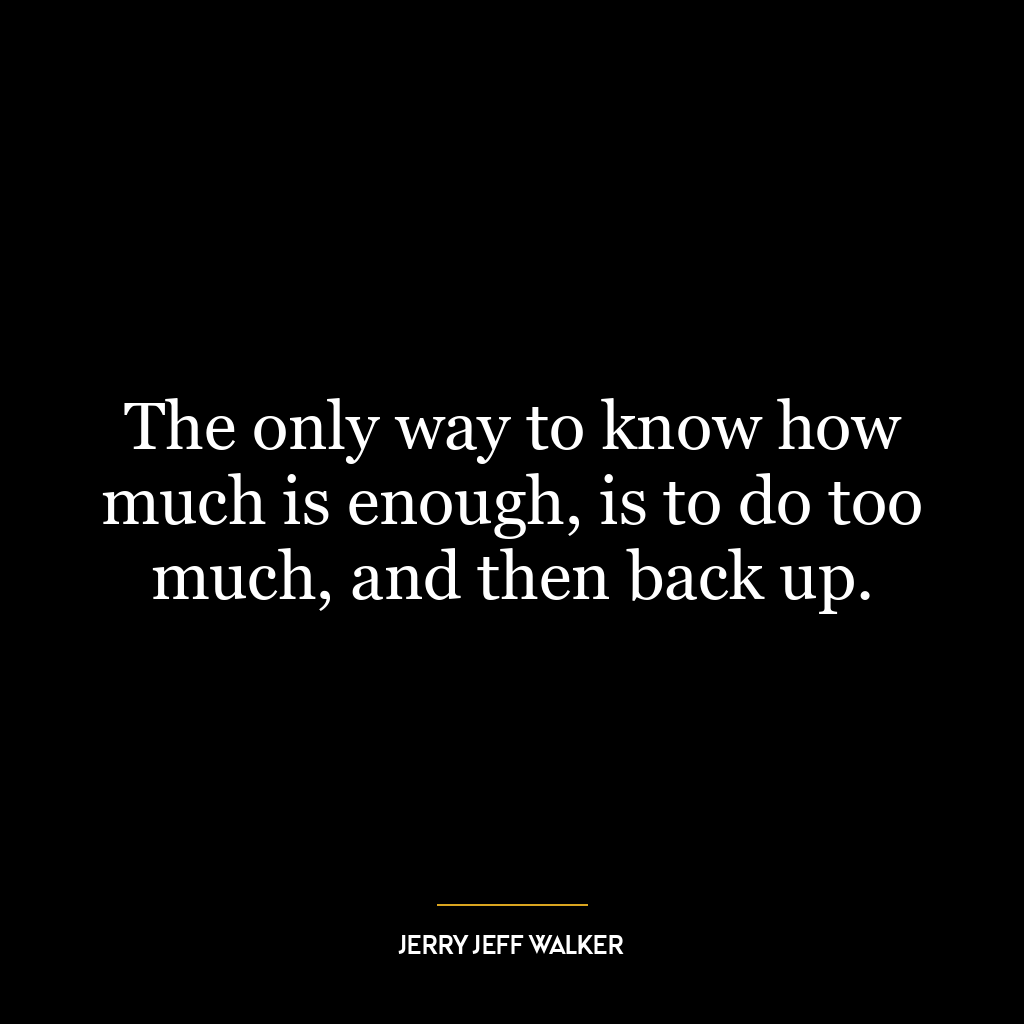This quote is a cautionary statement about the deceptive nature of success. It suggests that success, while often seen as a marker of achievement, can paradoxically lead to failure by causing individuals to overestimate their abilities and underestimate the possibility of defeat.
“Success is a lousy teacher” implies that victory doesn’t always provide us with valuable lessons. In fact, it can often make us complacent, making us believe we have mastered a skill or concept when we have not. This could lead to a lack of continuous learning and growth, which are crucial for long-term success.
The second part of the quote, “it seduces smart people into thinking they can’t lose,” underscores the idea that even the most intelligent individuals can fall into the trap of overconfidence. Success can give a false sense of invincibility, making one believe that they are incapable of failure. This mindset can be dangerous as it can lead to poor decision making, lack of preparation, and ultimately, failure.
In today’s world, where success is often measured by material wealth or social status, this quote serves as a reminder of the dangers of complacency and overconfidence. In a rapidly evolving world, continuous learning and adaptability are key to sustained success.
In terms of personal development, it encourages individuals to see failures and setbacks not as defeats, but as opportunities for learning and growth. Rather than resting on the laurels of past success, one should continually seek to improve and adapt. It also emphasizes the importance of humility, reminding us that no matter how successful we may be, we are never immune to failure.
In conclusion, the quote is a profound reminder that success is not an end, but a journey. It calls for a shift in perspective where success is seen not just as a destination, but also as a path that requires continuous learning, humility, and adaptability.








